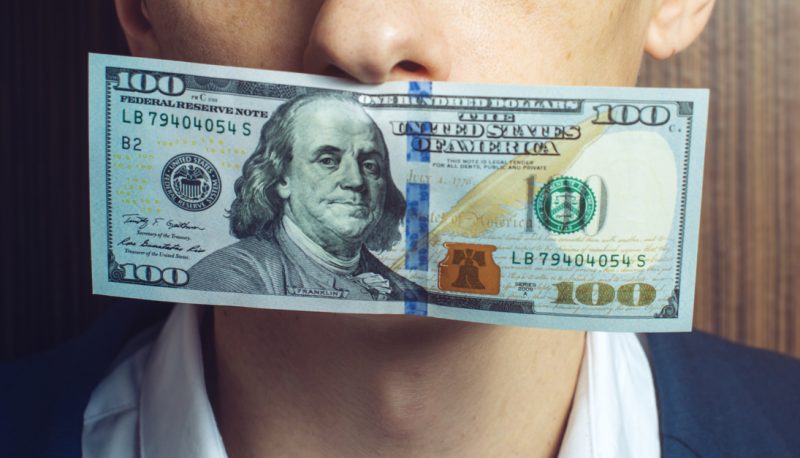People from across the political spectrum agree: our government and political system are beholden to rich and powerful special interests at the expense of everyone else. It’s considered common knowledge that our democracy is severely compromised and in need of systemic reform. Meanwhile many of the laws safeguarding our public institutions from private meddling were formed more than 40 years ago in the post-Watergate era and are no longer adequate in addressing the problems that exist today in Washington, D.C. and state capitols across the country.
A new report from the Roosevelt Institute, “Unstacking the Deck,” takes a sweeping look at the many ways in which moneyed interests use their financial power to shape policy to their own benefit, often to the detriment of the public good. While there has been a growing awareness in recent years of the pervasive impact of money in elections—via campaign donations and super PAC spending—the new Roosevelt report uncovers the myriad other ways in which special interests use money to grease the gears of government to get what they want. The report also covers what can be done to curb these issues of systemic corruption.
Some areas of so-called “soft corruption” addressed in the report include the revolving door between business and government, co-opting of think tanks and advocacy groups, corporate capture of regulatory agencies, personal profiting off of public service, and lackluster enforcement of existing ethics laws and anti-corruption measures. In order to address these and other issues, the report suggests the creation of a new agency to regulate and promote government transparency and accountability, the Public Integrity Protection Agency (PIPA).
The new Public Integrity Protection Agency would take on the many subtle but pernicious ways in which money corrupts our democratic system. For example, one insidious and well documented issue is that of the “revolving door.” Generally speaking, the revolving door refers to an institutionalized system of integration between government officials and regulated economic interests. While most attention is often given to people departing government for the private sector to become lobbyists, another major aspect of the revolving door—particularly in the Trump administration—is people entering government from regulated private sector entities.
There are numerous issues and concerns with the revolving door, like a government official being motivated by the prospect of future employment in an industry over which they currently hold some regulatory authority, overriding their motivation to act in the public interest. Restrictions and transparency on incoming and outgoing regulatory positions can help curb any potential conflicts of interest or abuses of power. The Public Integrity Protection Agency would address this issue directly by investigating and making public any conflicts of interest for those already in office, and establishing a rigorous set of guidelines to minimize these conflicts in the first place.
The problem of private interests intervening in the public arena for their own gain is no doubt as old as politics itself, but with the right safeguards and tools in place, there’s no good reason that a country as advanced and well-resourced as the United States cannot better protect the interests of its people. There may not be any singular solution for solving problems as complex as corruption, but a powerful and independent new agency like the Public Integrity Protection Agency tasked with tackling this issue head-on could be a good place to start.

